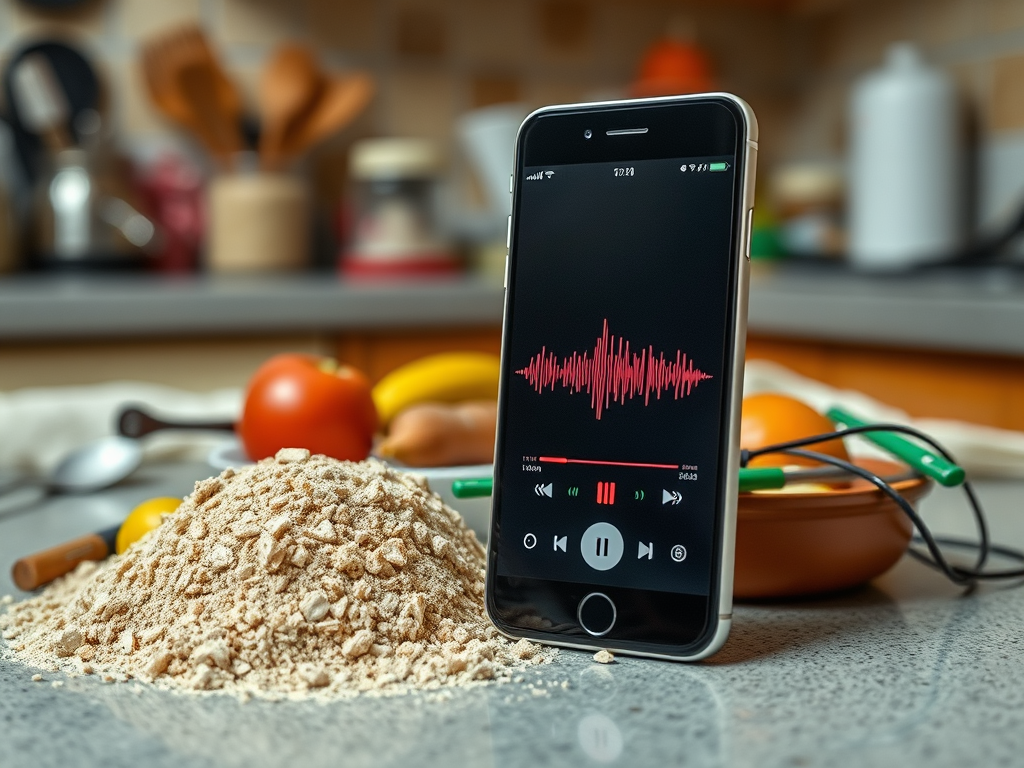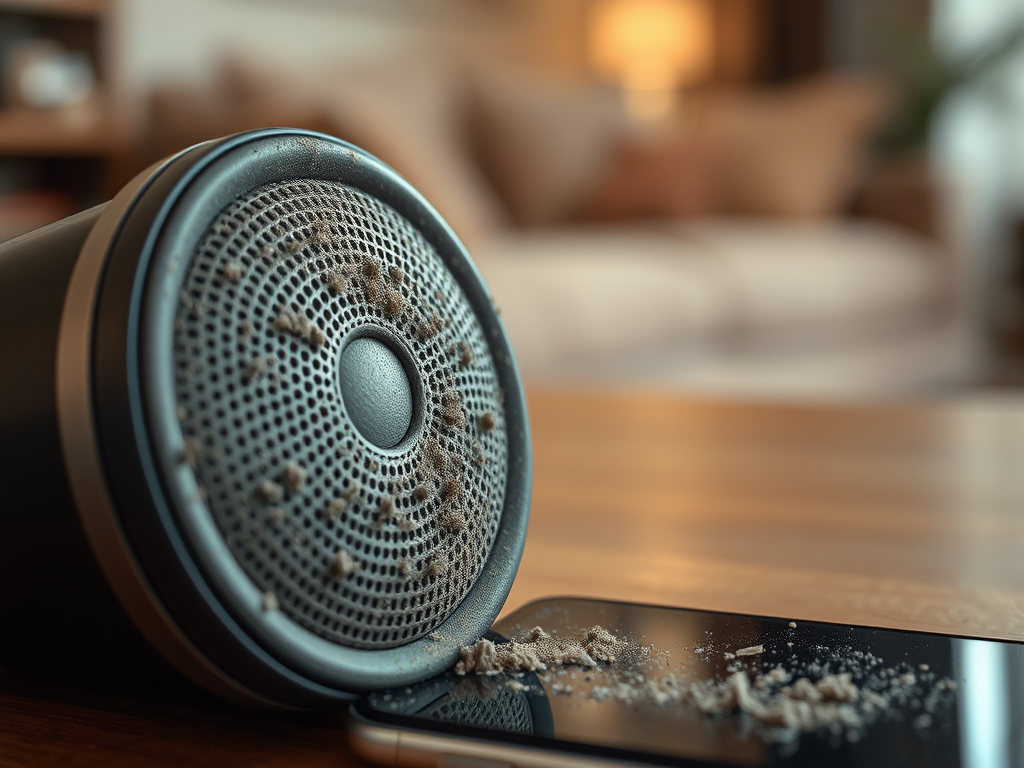In a world where communication is instantaneous and our devices are constantly at our fingertips, the performance of your phone’s speaker is more critical than ever. Often overlooked, this small component holds a significant role in how we experience calls, notifications, and music. However, dust and debris can accumulate over time, potentially transforming our once-clear audio experiences into muffled sounds and distorted echoes. Understanding the underlying mechanics of phone speakers and the adverse effects of neglecting their maintenance is vital for anyone who relies on their device daily. In the following sections, we’ll examine how environmental factors contribute to speaker obstructions and the preventive measures you can take to maintain optimal sound quality.
Understanding Phone Speaker Mechanics

To comprehend how dust and debris affect your phone’s speaker, it’s essential to know the basic mechanics behind it. Phone speakers operate by converting electrical signals into sound waves, enabling you to hear everything from ringtones to podcasts. This process involves diaphragm movements that push air, producing vibrations recognized as sound. As time progresses, the inner workings may be affected by external contaminants. Even a minuscule amount of obstructive material can lead to significant sound degradation. Regular cleaning is paramount to preserving both functionality and audio clarity.
Common Sources of Dust and Debris

Dust and debris can accumulate in various ways, influencing your phone speaker’s performance more than you might realize. Common sources include everyday environments, such as your home, office, or even outdoors. Each location contributes different types of particles that can settle in your phone’s crevices. Additionally, carrying your phone in your pocket often leads to lint getting lodged in speaker grilles. Foods and drinks can also wreak havoc; crumbs and grease can travel from your hands or surfaces onto your device.
- Environment: Dust from workplaces and homes.
- Pockets: Lint and other small particles.
- Food: Crumbs and spills while eating.
How Dust and Debris Affect Sound Quality
Speaking of sound quality, dust and debris can drastically hinder your audio experience if ignored for too long. When particles block the speaker, they can lead to various issues you may find frustrating. The most obvious problem is a reduction in volume. With obstruction present, sound may be muffled, making it increasingly difficult to hear notifications or incoming calls. Distortion is another likely outcome—debris can alter the sound’s acoustics, leading to tones that are unclear or tinny. The most alarming effect is the potential for permanent speaker damage from prolonged obstruction, which no one wants to face.
| Issue | Effect on Sound Quality |
|---|---|
| Low Volume | Muffled sound, hard to hear |
| Distorted Sound | Unclear or tinny audio |
| Speaker Damage | Permanent audio quality compromise |
Keeping an ear out for signs of blocked speakers can save you from extensive troubles later. Here are some indications that your phone speakers may be in need of cleaning:
- Significantly lower audio levels compared to when the phone was new.
- Unusual crackling or buzzing sounds during playback.
- Sound quality is inconsistent, playing unevenly or intermittently.
Effective Cleaning Methods
One of the most proactive steps you can take in maintaining your phone’s speaker performance is regular cleaning. Consider trying these effective methods:
- Compressed Air: Gently blow out debris without risking damage to the speaker.
- Soft Brush: Use a soft-bristled brush to carefully dislodge dust from the speaker grille.
- Microfiber Cloth: Employ a microfiber cloth to wipe away lint and oils from surrounding surfaces.
While cleaning your phone, it’s crucial to follow specific precautions to avoid causing harm to the device. Here are some important tips to keep in mind during the cleaning process. Always make sure to avoid using sharp objects that could scratch or cause damage. It’s also advisable to turn off your phone during the cleaning to prevent any accidental issues. Finally, incorporating regular maintenance can help prevent the problems associated with debris buildup over time, keeping your audio crisp and clear.
Conclusion
In conclusion, taking a few minutes to maintain the speaker performance of your phone can have a substantial impact on sound quality. By understanding the effects of dust and debris and employing effective cleaning methods, you can keep your device functioning optimally. Regular maintenance not only improves your listening experience but also prolongs the life of your phone. It’s a small effort that goes a long way in ensuring clear audio—because in the end, who wouldn’t want to enjoy their favorite tunes and conversations without interruption?
Frequently Asked Questions
- What is the best way to clean my phone speaker? Use compressed air or a soft brush to gently remove dust and debris.
- How often should I clean my phone speaker? It’s advisable to clean your phone speaker at least once a month, or more often if you notice performance issues.
- Can dust damage my phone’s internal components? Yes, prolonged exposure to dust can lead to internal damage, affecting overall functionality.
- Why is my phone speaker suddenly quieter? It’s possible that dust or debris is blocking the speaker, preventing sound from coming through clearly.
- Is it safe to use liquid cleaners on my phone speaker? Avoid using liquid cleaners directly on the speaker, as moisture can cause damage.



